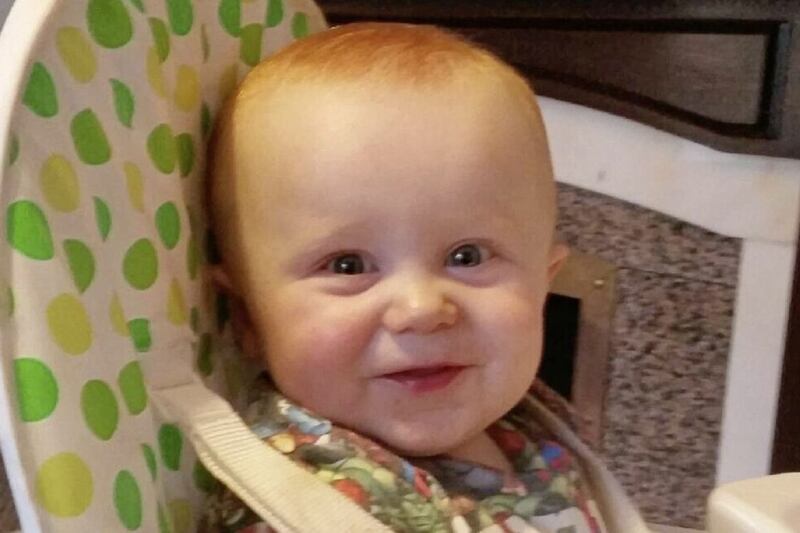AUTOPSIES on babies and children will no longer be carried out in Northern Ireland due to severe staff shortages - with families forced to travel to Liverpool for tests.
The Health and Social Care Board yesterday confirmed that despite repeated attempts to recruit a consultant paediatric pathologist to the Belfast health trust - where the regional service is based - no-one is willing to take up the post.
The current specialist consultant is due to leave his job early next year.
Around 240 post-mortems are carried on infants and children each year from across the north, with the majority performed as a result of stillbirths, late miscarriages and babies who survive only a short time after birth.
"Interim" arrangements have been put in place, with autopsies due to take place in Alder Hey Children's NHS Foundation Trust in Liverpool.
Families will be funded by the north's health service to fly to the Liverpool facility with their children's remains.
A board spokeswoman said they will "continue to work hard exploring all avenues to provide a local service in the longer term".
She added there had been "significant efforts" made to find a replacement pathologist - both "nationally and internationally".
Heather Reid, a public health specialist with the board said they accepted the prospect of post-mortems being performed outside the north "may compound the distress experienced by families".
"While we will have to adapt our service, we want to assure parents that they will continue to have the choice of whether or not to go ahead with a hospital post-mortem." she said.
"We also believe there are opportunities to provide post-mortem findings more quickly and enhance the support and information families receive.
"While it is acknowledged that a service outside of Northern Ireland is not what we would wish for, working closely with a much larger centre such as Alder Hey will provide a more robust service in the interim period."
Ms Reid said they wanted to ensure that every baby and child who requires a post-mortem will be treated with "respect, dignity and sensitivity" and families will have "full support when facing these very traumatic circumstances".
SDLP health spokesman Mark H Durkan, who has previously written to the Department of Health about the crisis, said the loss of the service will increase the suffering of bereaved families.
"This situation cannot be described as unforeseen as pressures have been highlighted before and there are serious questions to be answered as to how the department and board have allowed things to get to this point," he said.
"The proposal that families will need to send their beloved child away for a week to get these answers will mean more stress and suffering for families in their darkest hour.
"It may well lead to parents opting out of the process altogether - as is already the case with some families in Derry who do not want to send their children to Belfast.
"If this service is lost now, will it ever be restored. Is there the possibility of an all-island solution?"




